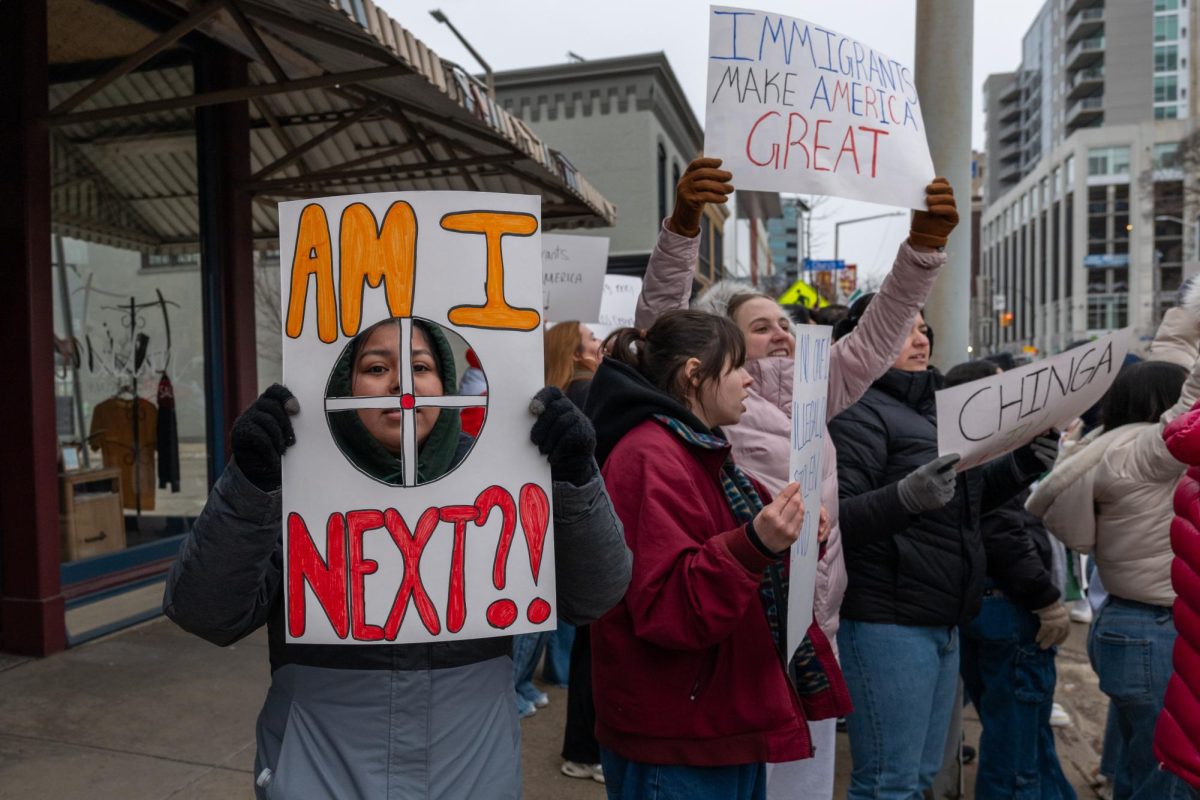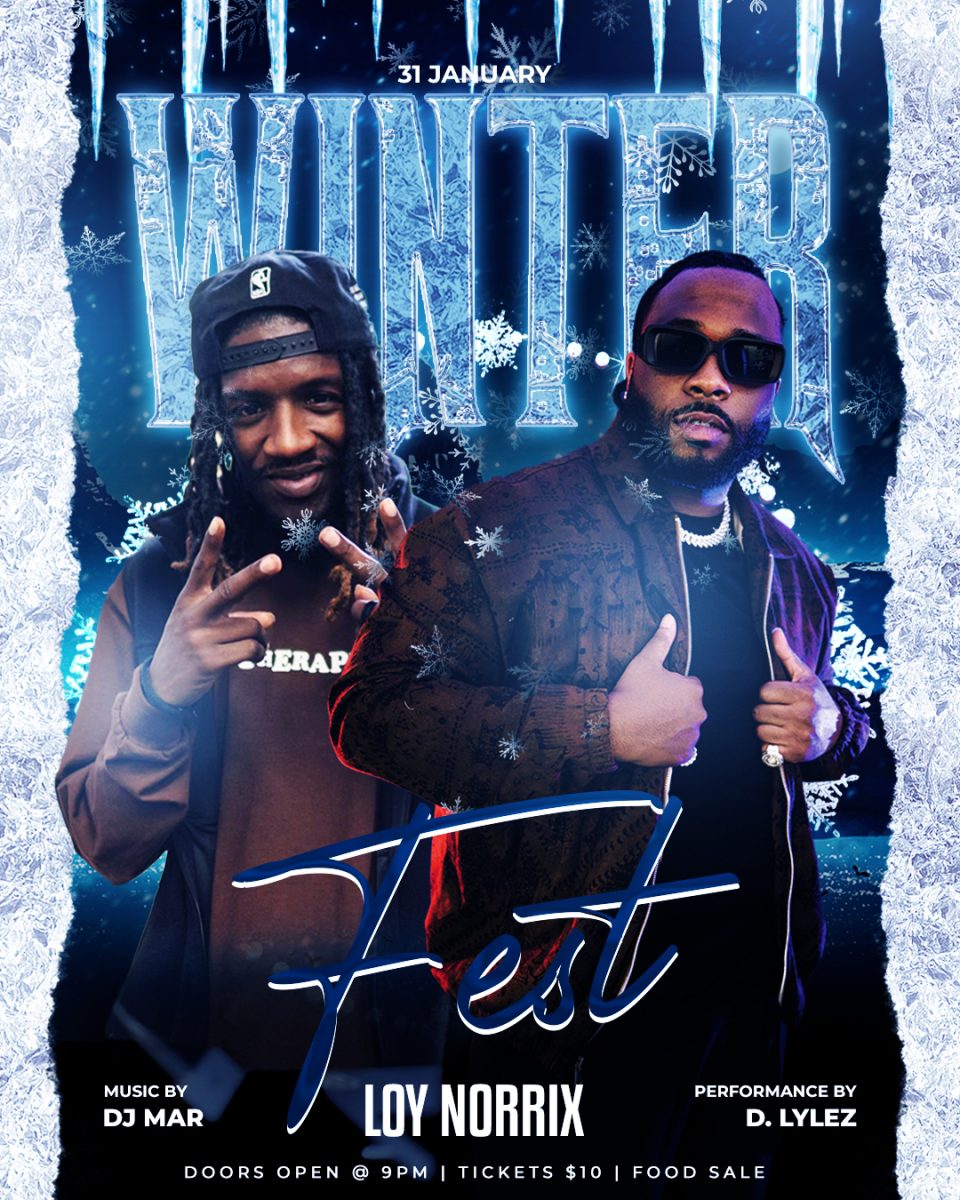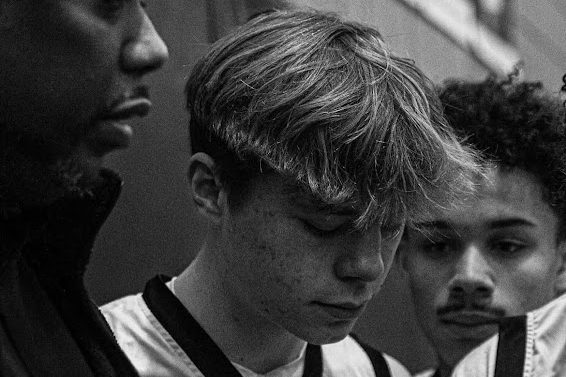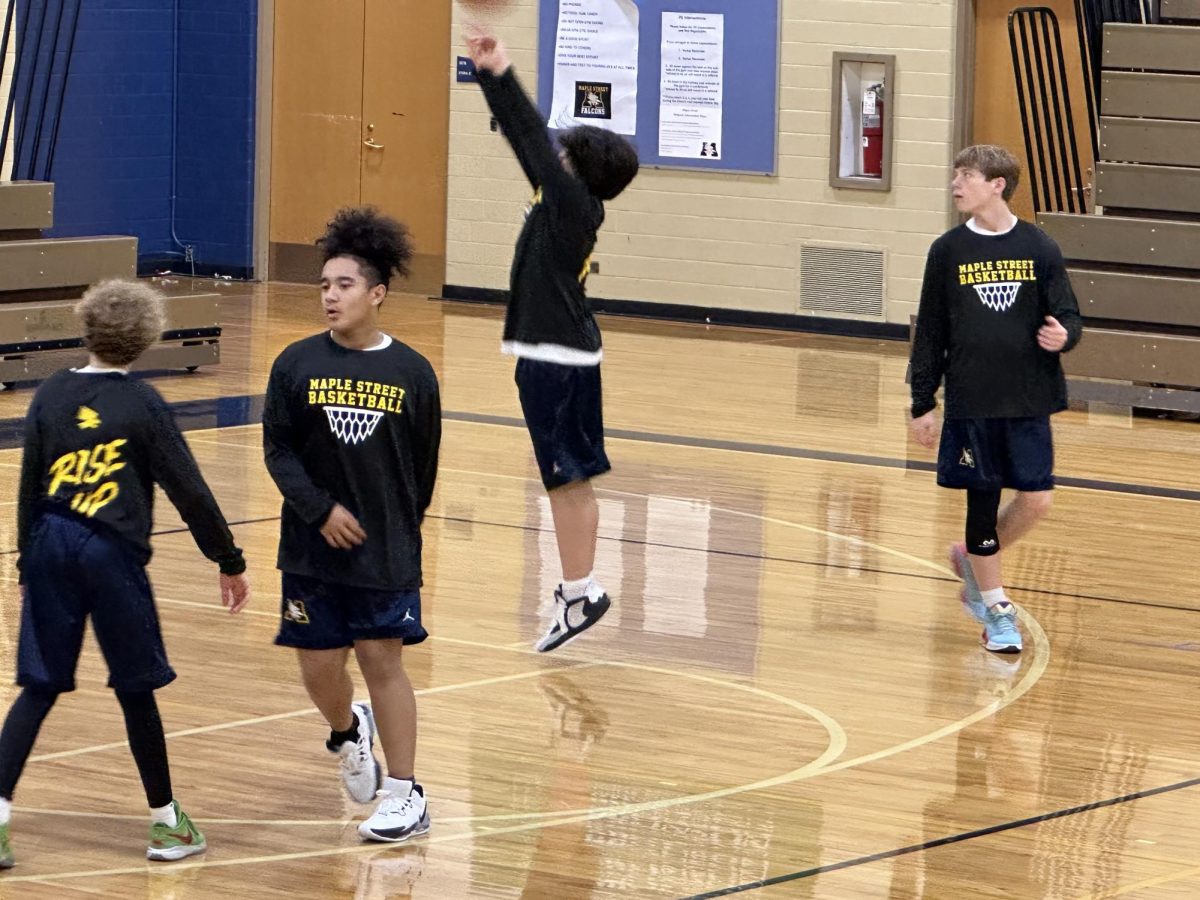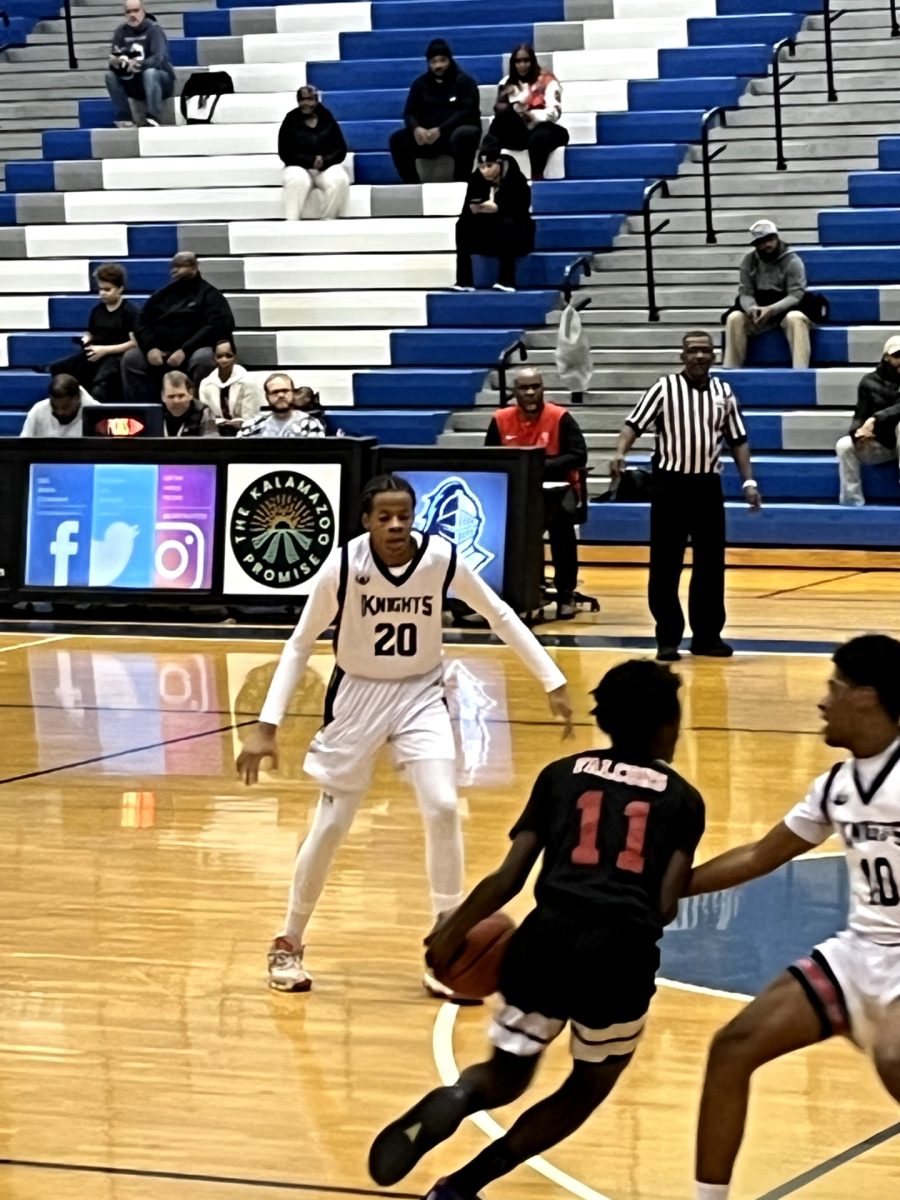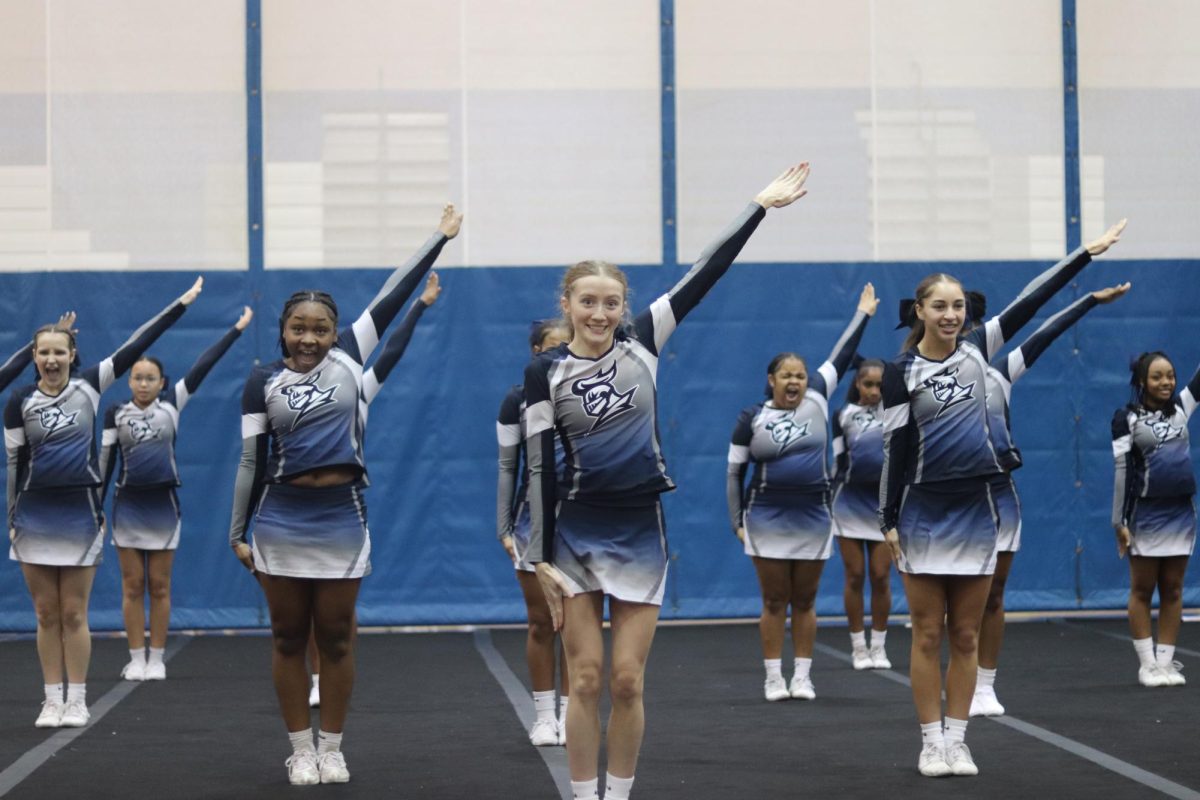
return all the money they made in the state of New York.
On November 10th, 2015, New York Attorney General Eric Schneiderman declared that daily fantasy sports constitute illegal gambling under New York State law. New York was the latest on the list of states attempting to either completely ban daily fantasy sports or ban certain sites. Schneiderman ruled that daily fantasy sites violate Article 225 of the New York State Penal Code, claiming that they are based on a “material element of chance” because the bets are placed on the results of real events outside of the control of the player. Schneiderman then followed this declaration with a decision that dropped a bomb on the daily fantasy sports industry, filing a lawsuit on December 31st asking for daily fantasy sports (DFS) companies to
DFS as violating Texas state law
On January 19th, 2016, Texas Attorney General Ken Paxton joined Schneiderman in declaring
, and Texas joins the ever-growing list of states banning them. Three of the five most populated states (New York, Texas, Illinois) have seen their attorney generals ban DFS, which poses a huge threat to the previously-growing industry.
Fantasy sports have been a part of American sports culture since the 1980s and have gained immense popularity with the rise of the internet. Fantasy leagues usually last the entire season of whatever sport they are for, but recently, day-long fantasy leagues have been gaining immense popularity. Fantasy sports give people a way to be competitive and stay connected to current events in sports. Many students at Loy Norrix participate in several different fantasy sports, ranging anywhere from baseball to football.
Loy Norrix senior Traver Parlato is in a fantasy football league with several of his friends and is enjoying his first year of playing. “I like being competitive with my friends in fun and easy way while being able to stay connected to ongoing football games,” said Parlato.
DFS differ from the type of fantasy sports that Parlato and other students at Loy Norrix play in that they involve real money and, as insinuated in their name, only last a day rather than an entire season. A competitor would spend real money to purchase a certain amount of virtual money to spend on adding athletes to their team. Generally, better players cost more money, and the prices of all players vary from week to week based on how they have been performing recently and their projected performance for that game.
Their line-up then goes up against other line-ups, and their players score points based on the statistics they put up in their game that day. Depending on how your league is set up, you may go head-to-head against another player, or compete against a pool of other line-ups. The winners of these contests win money, which most DFS competitors use to purchase their line-up for the next day that they play.
FanDuelThe two largest sites that run DFS leagues are
DraftKingsand
Business Insider. According to
, each company receives between three and four million dollars in entries every week.
Business InsiderAfter paying out prize money to the weekly winners, each company ends the week making somewhere around two million dollars in profit, according to
. Both sites have gained popularity by running countless ads on TV, advertising the large prizes they offer to winners of leagues, and by sponsoring several professional sports leagues, including the NFL, MLB, NBA, and NHL.
Since gaining popularity, both companies have fallen under the scrutiny of the government, especially after a scandal involving a DraftKings employee winning prize money from FanDuel. The DraftKings employee leaked data about player selections in DraftKings leagues and used that inside information to gain a competitive edge in his player selections on FanDuel. As a result, he ended up winning $350 thousand.
In an attempt to stem the controversy, both FanDuel and DraftKings banned their employees from using any DFS site, but the public is still skeptical about the possibility that the outcomes of DFS games could be influenced by access to inside information.
Seton Hall Sports PollAccording to the
, “54 percent of people polled think that DFS should be legal, and 38 percent said DFS should be banned (nine percent said they don’t know). 50 percent of people polled believe that DFS are a form of gambling as opposed to the 31 percent who think it is a game of skill (19 percent don’t know).”
After the DraftKings/FanDuel scandal, many state governments began to take a closer look at the legality of DFS. So far, six states have completely banned DFS, including Nevada, home of the gambling capital of the United States, Las Vegas. Several other states have banned other specific sites, most commonly DraftKings and FanDuel. These states claim that DFS constitutes illegal gambling because they rely on the outcome of events outside the control of the player, and certain people can have an unfair advantage based on their ability to gain access to inside information, similar to insider trading in the stock market.
Although DFS companies are fighting these states’ decisions in court, many other states are slowly following suit and banning DFS. This poses a huge problem for DFS companies: what will happen to their sponsorships with professional sports teams if DFS becomes illegal in the United States? Many sports teams would then be sponsored by an illegal business, and this would result in a huge conflict of interest. It would be like if Budweiser sponsored the New York Yankees during prohibition. If DFS companies are forced to terminate their sponsorships, professional sports in America would lose a huge supporter.
Legal Sports ReportAccording to
, 16 NFL teams are sponsored by FanDuel and 12 are sponsored by DraftKings. The NBA signed a deal with FanDuel in November of 2014, and the MLB and NHL both signed with DraftKings in March and November 2014, respectively. If DFS becomes illegal it would cast a huge shadow over these teams and leagues for investing in an illegal gambling organization. This would not be beneficial to the public image of many leagues, which has been recently tainted with the recent problems involving players involved in domestic violence situations, performance enhancing drug usage, and the issues in the NFL specifically with people disputing potential fixed outcomes of games (Deflategate, poor officiating, not having a clear rule defining what a catch is, etc.). Professional sports really can’t afford having another controversy on their hands.
Currently there are 27 states questioning the legality of DFS, and it is quite possible that the issue will reach the federal government in the coming months of this controversy. At the time this article is being written, the only DFS sites banned in Michigan are StarsDraft and Star Fantasy Leagues, neither of which are major players in the DFS market like FanDuel and DraftKings. These bans could indicate that Michigan may be one of the next states to take a long look at whether or not DFS constitutes illegal gambling. So if you were planning on attempting to win money using a DFS site when you turn 18, you may not get your opportunity.





